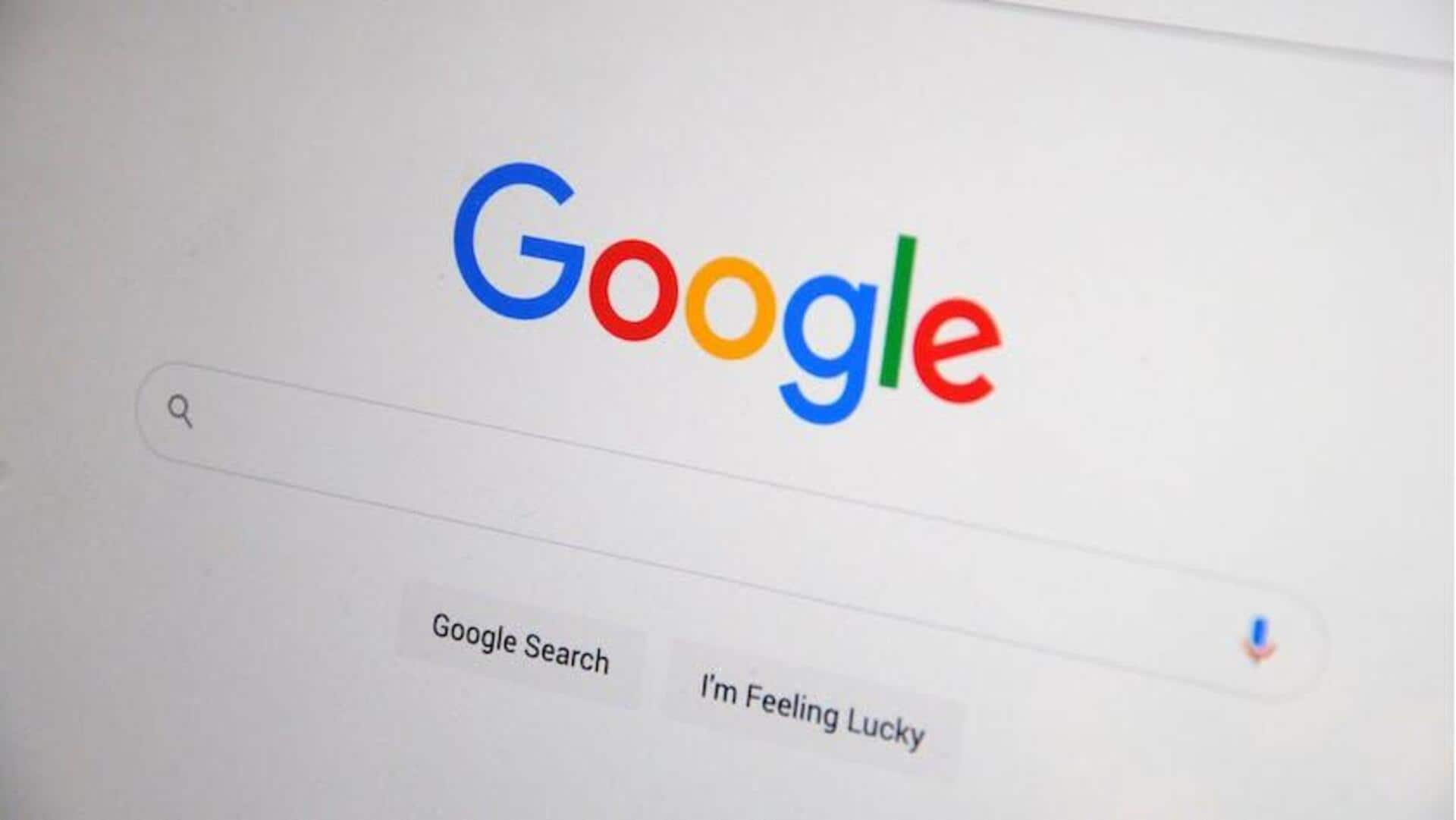
Google's antitrust trial in US: Key takeaways from Day 1
What's the story
The highly anticipated antitrust case against tech giant Google is officially underway in Washington, DC, with the US Department of Justice (DOJ) alleging that Google engaged in anticompetitive practices to maintain its dominant position in the search engine market. The trial, which is expected to last for 10 weeks, has the potential to reshape the balance of power in the online world and is being closely watched by industry experts and the public alike.
Details
50% of Google searches via paid defaults: US government
During the opening arguments, government attorney Kenneth Dintzer claimed that Google has been unlawfully maintaining its monopoly since 2010, suggesting that Google's dominance has endured even longer than previously thought. Dintzer also asserted that as much as 50% of Google's searches come through a paid-for spot.
What Next?
Defining the search market
One of the central issues in the trial is how to define the search engine market. Google is expected to argue that the competition is extensive, including platforms like ChatGPT and TikTok. In contrast, the government, led by attorney Dintzer, seeks to narrow the focus to "general search," where it asserts that Google and Bing dominate. Judge Amit P. Mehta has already expressed skepticism about the uniqueness of "general search," making this a critical point of contention.
Insights
Why Bing struggles to thrive?
Microsoft's search engine, Bing, has been a prominent topic during the trial. The government's stance is that Bing's lack of popularity is due to Google's actions, making it difficult for Bing to thrive. On the other hand, Google's argument is that Bing's unpopularity is because Bing is not as good. Google's lawyers are asserting that Microsoft has the resources to compete effectively, but most Windows users still prefer Google Search because it offers a superior experience.
Insights
Is it easy for users to switch their search engines?
During the proceedings, Judge Mehta posed a critical question: How easy is it for users to switch search engines, and do they actually do so? Google admitted that it lacks comprehensive data on user switching behavior, leaving this question unanswered. The common belief is that few users switch from default search engines, a notion acknowledged by Judge Mehta.
Insights
The ads case
Aside from the broader antitrust allegations, the trial also delves into whether Google hindered Microsoft's access to SA360, Google's search marketing tool. State attorneys are arguing that Google used this as another tactic to manipulate the search market in its favor.
Insights
Opening arguments conclude
The opening arguments in the US v/s Google trial concluded with both the DOJ and Google presenting their arguments. The DOJ's main concern is to scrutinize Google's actions, particularly its agreements for exclusive Google Search placement with companies like Apple, Mozilla, and Android manufacturers. Google, in contrast, contends that the trial is essentially benefiting Microsoft, which it claims has struggled to compete effectively with Google in the search engine market.